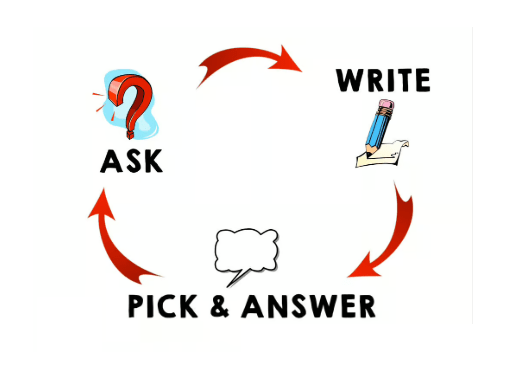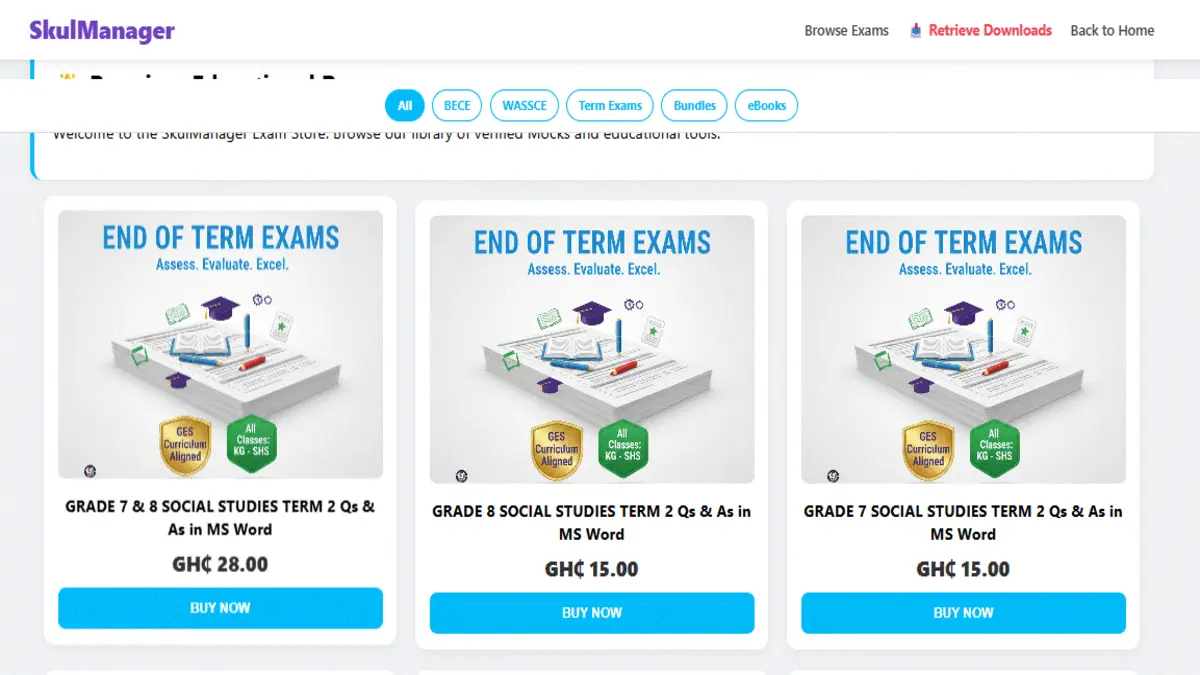Do you know how to pick or choose your questions to answer correctly? Are you always making choices you end up regretting in the examination hall? In this post, we delve into the skill and art of making the best choices in the examination hall to ensure you get the best scores from your chosen questions answered.
How do you pick or choose your questions to answer correctly in the exma hall?
#1. Read through the paper and mark possible questions
To master the how to pick or choose your questions to answer correctlyalways read through all the questions and make choices based on what you have learned.
When you are allowed to start take a few deep breaths and then briefly read through all the questions just to overcome your initial anxieties. Hopefully having seen the questions you will heave a sigh of relief. If not then take some more deep breaths and relax – you’ve done the work and you’ll be OK.
Go back and read through the questions again, more carefully this time. Every time you read a question it will begin to make more sense and your confidence will grow. This time mark all the questions that you feel able to attempt. Don’t worry if you pick too many or too few. Just mark the questions you feel you could do if you had to.
#2. Answer your best question first
The second tip on how to pick or choose your questions to answer correctly is to answer your best question frst.
From the questions you have marked as possibles pick what looks like the easiest and attempt it first. When you’ve completed this question go back and briefly read through all the remaining questions again. Pick the easiest again and answer it. Continue this process until you’ve completed the required number of questions. The continual reading of all the questions in between answering them allows your subconscious to mull things over in preparation for the questions to come while you get on with writing your answer. By answering your best question first you will be boosting your confidence.
#3. An impossible exam paper will begin to look easier as you become more familiar with it
Don’t worry if all the questions seem impossible. It is more likely that you are just nervous rather than unable to do them. Your mind has just gone blank for a few minutes. Think of something else – a friend, a joke, or anything unrelated to the exam. Take your mind elsewhere for a few minutes. Now take a few deep breaths and go back to reading the questions. You should find that you are now calmer and more relaxed. Continue reading through the questions.
The more you read them the more familiar they will become and the more relaxed you will become. You will soon find yourself in a position where you are able to attempt a question. (Remember seeing an ugly person for the first time and thinking to yourself, “wow! They’re ugly”! However the second and third times you see them whilst you still think of them as ugly it doesn’t hit you so hard because you’re getting used to the sight of them. It’s the same with exam questions – even the really ugly ones don’t look so bad after a while!).
#4. The longer the question, the easier the answer
Use a ruler to measure how long each question is and, if you can, attempt the longest questions. This may sound strange but the reasoning is as follows.
The longer a question takes to ask the more information it is giving you and providing you know the information required then the easier it is to answer. Very long questions are virtually telling you want they want in the answer.
For example consider two similar biology questions. The first asks you to describe how reproduction takes place in plants. The second lists some of the reproductive organs and asks you to describe what function each one plays in reproduction. Obviously the second question takes longer to ask.
READ: The best memory techniques for students and teachers
It is fairly easy to see that the first question is fairly open-ended and is only giving you a vague idea of what is required in the answer. On the other hand the second question is telling you exactly what to write – it wants a description of each part and details of its reproductive role.
Providing you know the function of each part you stand a much better chance of gaining full marks on this question than on the first in the time available. In the first question there are so many points that they could be looking for that it would need quite a lengthy answer to guarantee full marks. So the general rule is that the longer a question takes to ask, the more it is telling you about what is required in the answer and therefore the easier it should be to write a good answer.
A question commonly asked by students is should an extra question be attempted if time is available. The answer is – “well, maybe”. When you’ve completed the required number of questions the first thing you should do is go back and check them all thoroughly. If you have a lot of time available for checking then make use of it. It’s surprising how of ten you can spot a horrendous mistake in something you’ve already checked and thought to be a perfect answer.
READ: Answering BECE and WASSCE Summary Questions: Secrets Out
#5. Spend time checking rather than answering an extra question
Passing an exam is not all about how correctly you to pick or choose your questions to answer. It also includes reading through your answers to correct grammar and spelling issues as well as filling in the gaps in information you have provided.
If you’ve been back over your answers and checked and checked them and you are sure that they’re as good as you’re going to get them and you still have time on your hands then by all means attempt an extra question.
READ: What to do hours and minutes before your exam
Make it known to the examiner that this question is an extra one by writing ‘extra question’ at the top and handing it in at the back of all your other answers. You will not pick up extra marks for doing an extra question. However if you’ve made a real mess of one of your other answers and you’ve scored better on the extra question then they will probably take the highest score if they’re feeling kind. And that is basically the only advantage of answering an extra question – it’s a safety net. Unless you’ve got loads of time on your hands I would suggest that time spent checking your answers would be far more profitable. Even after hours of checking you will still spot mistakes.
READ: 2024 WASSCE English Language: New Smart Tips For Answering Formal Letter Questions
Summary
- Read through paper and mark possible questions
- Answer your best question first
- An impossible exam paper will begin to look easier as you become more familiar with it
- The longer the question, the easier the answer
- Spend time checking rather than answering an extra question
With this well researched post on how to pick or choose your questions to answer correctly, you are now empowered. Pract with these tips and master the act of choosing questions to answer ahead of your next exam.









Leave a Reply